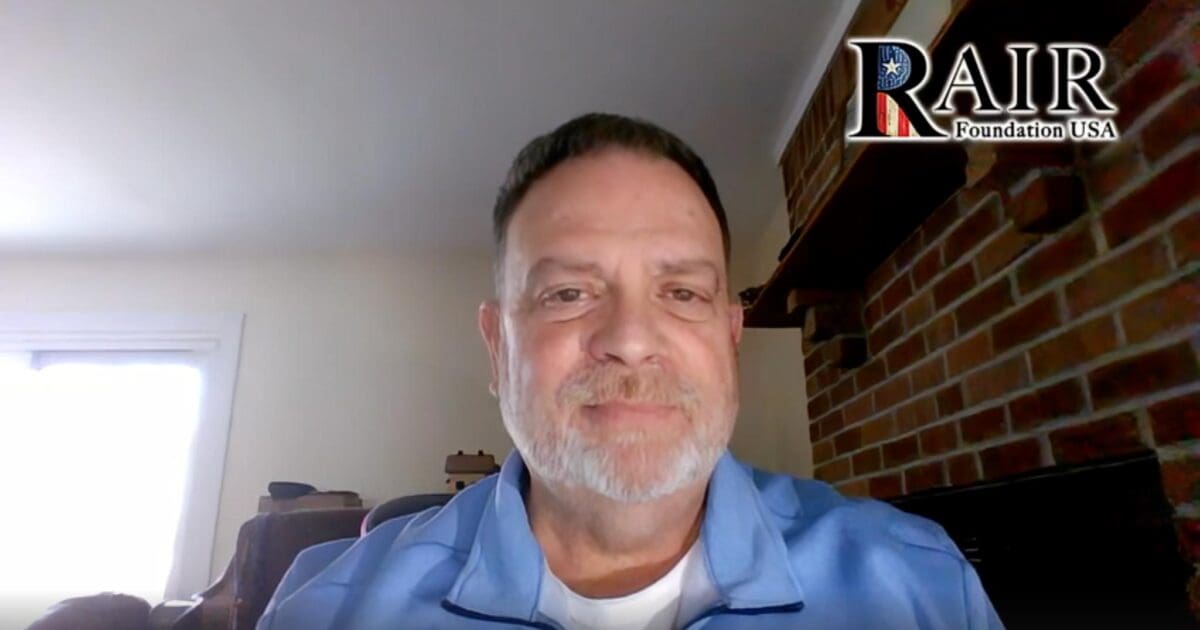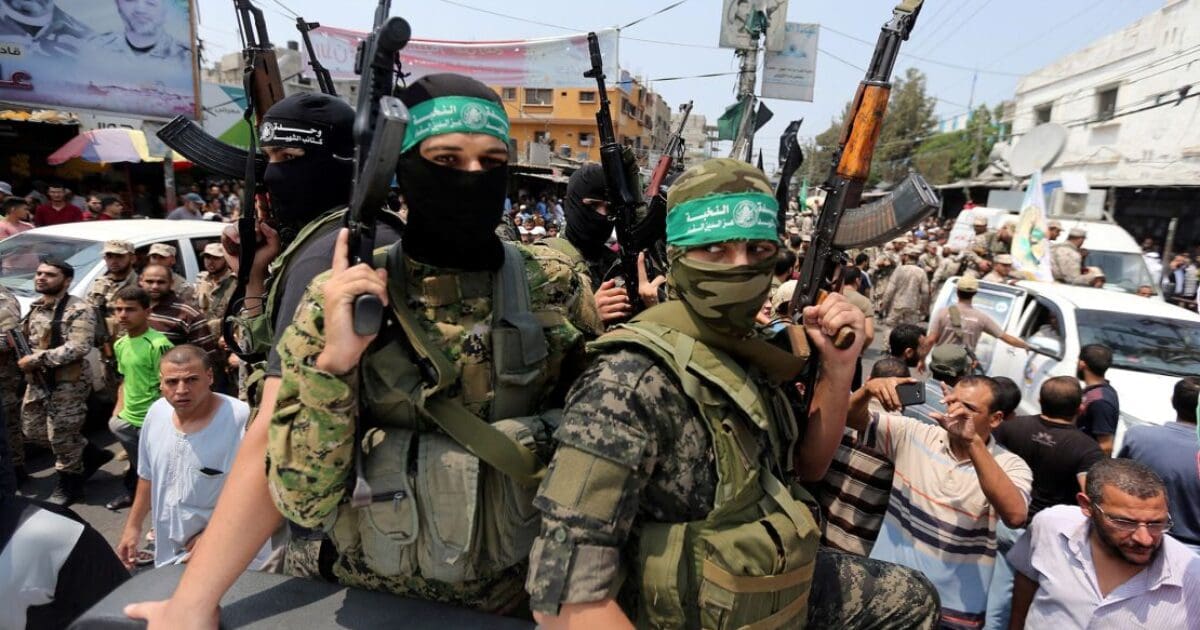Few individuals can provide a firsthand account of Guantanamo Bay’s operations with both credibility and clarity. Major Montgomery J. Granger is one of them. A three-time mobilized U.S. Army Reserve Major (Retired), Granger served as the medical officer for detainee operations at the controversial facility during the height of the War on Terror. His career, which began humbly as a substitute teacher in California, evolved into a lifetime of service shaped by complex ethical challenges and high-stakes decision-making.
A Critical Hub in the War on Terror
In the immediate aftermath of 9/11, as the United States confronted an unprecedented global threat, Guantanamo Bay became a critical component of its counterterrorism strategy. The facility, often portrayed as a symbol of controversy, was, in Granger’s words, “a vital intelligence hub”—a place where detainees were kept alive not for retribution but to prevent future attacks. Its remote, secure location, originally designed for managing mass migrations, became an invaluable asset in America’s fight against global terrorism. Yet, as Granger explains, the facility’s story has been overshadowed by pervasive myths and misconceptions.
The facility’s operations began in January 2002, when the first detainees arrived from the battlefields of Afghanistan. These early days were marked by intense scrutiny, with the world’s eyes on the U.S. military’s handling of these prisoners. Guantanamo Bay quickly became a focal point of global debates surrounding counterterrorism and human rights, further cementing its controversial legacy.
A Humble Beginning with Lofty Aspirations
Granger’s path to the military was as unconventional as it was inspiring. Growing up in Southern California during the 1960s and 70s, he was fascinated by the armed forces but did not initially see himself donning a uniform. It wasn’t until he faced the financial realities of student loans after earning degrees from the University of Alabama and Teachers College at Columbia University that he considered the military as a viable option.
“I never really pictured myself in the Army, but when I saw the ‘Be All You Can Be’ loan repayment ads, it clicked,” Granger shared. Motivated by both practicality and an innate sense of service, he joined the National Guard as a medic. This decision, initially a means to an end, became the foundation for a storied career.
The Journey to Gitmo
Fast-forward to 2002, and Granger found himself at the epicenter of one of the most challenging and politically charged missions of the Global War on Terror: overseeing detainee operations at Guantanamo Bay, Cuba. As the ranking U.S. Army Medical Department officer with the Joint Detainee Operations Group, Granger’s role was as complex as it was crucial.
“My job was to take care of the bad guys,” he explained. “We treated detainees with the same dignity and respect we’d afford our own soldiers.” From tending to battlefield wounds to navigating the tensions between military police and medical personnel, Granger’s daily duties required a delicate balance of empathy and vigilance.
Despite the media’s portrayal, Granger emphasized that the number one threat at Guantanamo Bay wasn’t from the detainees themselves but from potential attacks by Islamic militant groups trying to kill detainees to prevent them from revealing valuable intelligence.
The intelligence value of these detainees cannot be understated. Some of the information gathered during their interrogations led to the disruption of planned terrorist attacks, including plots targeting major Western cities. Interrogations revealed details about al-Qaeda’s operational hierarchy, financial networks, and recruitment strategies. This intelligence informed both immediate counterterrorism operations and long-term strategies for addressing global terror threats.
Dispelling Media Myths: A Battle for Truth
The media’s portrayal of Guantanamo Bay has often been far from the truth, a reality Major Granger experienced firsthand during his tenure at the facility. One particularly vivid example involved a CNN reporter who, frustrated by limited access, told Granger’s superior, “If you don’t tell me, I’ll just make it up.” These admissions expose the true nature of today’s media: the information presented to the public is shaped more by what those in power want you to believe than by what is actually experienced or objectively true.
One of the most damaging distortions was the repeated use of outdated imagery, such as photos of detainees kneeling in gravel enclosures during intake in 2002. These images, which captured brief security measures during processing, were later misused to suggest such conditions were routine, fueling misconceptions about Guantanamo’s operations.
In addition to misleading visuals, sensationalized establishment media headlines further distorted public perception. For example:
- “Guantanamo Bay Detainees Tortured”: While isolated incidents of misconduct occurred and were swiftly addressed, investigations disproved claims of widespread abuse. These headlines ignored the rigorous protocols in place to ensure ethical treatment.
- “Bin Laden’s Cook Detained”: This headline trivialized the strategic significance of detainees like Ibrahim al-Qosi, whose logistical support was critical to al-Qaeda operations.
- “Guantanamo Prisoners’ Suffering Continues”: This narrative ignored evidence of professional medical care and adherence to Geneva Convention standards.
Such negative portrayals not only misled the public but also handed terrorist organizations a powerful propaganda tool. Groups like al-Qaeda used claims of detainee mistreatment to bolster recruitment efforts, portraying those held at Guantanamo as martyrs. Granger noted that these narratives, amplified by the media, provided enemies with a propaganda weapon they didn’t have to invent themselves.
The repercussions of these distorted narratives extended beyond public opinion. Guards and medical staff operated under constant scrutiny, knowing any incident could be sensationalized. Detainees, aware of the media attention, exploited it by staging provocations, such as feigning injuries or throwing bodily fluids at personnel. These tactics were often designed to elicit reactions that could be spun into damaging headlines.
Captured al-Qaeda training manuals revealed that operatives were explicitly instructed to fabricate claims of abuse if detained. “They were trained to say they had been raped, beaten, or tortured, regardless of the truth,” Granger explained. Such fabrications often found willing amplifiers in media outlets eager to sustain narratives of U.S. misconduct, further eroding the reputation of Guantanamo Bay’s operations.
Despite these challenges, Granger remains steadfast in his assessment: “Guantanamo Bay has always been a legal, moral, and ethical operation.” He emphasized the professionalism of U.S. personnel and the facility’s critical role in preventing global terror. The persistent misrepresentation of its mission, he argued, has not only misinformed the public but also undermined the sacrifices of those who served honorably in one of America’s most complex military endeavors.
The Human Element: Stories from Gitmo
Among the countless detainees Granger encountered, one story stands out: that of “Wild Bill.” This detainee exhibited erratic behavior—biting his flip-flops and hanging objects from his genitals—which were later attributed to untreated schizophrenia and heroin withdrawal. Despite the bizarre and challenging circumstances, Granger’s team treated Wild Bill with humanity.
“We took care of him as a patient and a human being,” Granger said. Wild Bill’s eventual repatriation became a rare instance where the media acknowledged the U.S.’s humane treatment of detainees. “NBC News even reported that we treated him well,” Granger recalled, though such acknowledgments were few and far between.
After Wild Bill’s repatriation, rumors falsely claimed that Afghan forces executed him upon arrival in Kandahar. Later, it emerged he was alive, praising the humane treatment he had received at Gitmo.
Wild Bill’s case is an example of how unfounded rumors can erode trust in U.S. military operations and damage the reputation of those who serve honorably, even in the most challenging conditions.
The Legacy of Guantanamo Bay
The recent release of high-risk detainees, described by Granger as the “worst of the worst,” reflects what he views as a dangerous policy shift. “Releasing known terrorists during an ongoing global war on terror is a recipe for disaster,” he warned, citing the likelihood of recidivism. Over 30% of the more than 750 detainees released from Gitmo are known or suspected to have returned to terrorism.
Granger also criticized the evolving legal framework that has given detainees rights akin to those in civilian courts, a sharp contrast to historical precedents such as Operation Pastorius during World War II. In that case, German saboteurs were swiftly tried by military tribunals and executed—a demonstration of decisive wartime justice that stands in contrast to today’s prolonged and politicized handling of unlawful combatants.
A Legacy of Service and Scholarship
In addition to his military achievements, Granger is a prolific author and educator. His memoir, Saving Grace at Guantanamo Bay: A Memoir of a Citizen Warrior, offers a candid account of his time at Gitmo, shedding light on the complexities of detention operations and the ethical dilemmas faced by military personnel.
Today, Granger continues to serve his community as a school district administrator while raising awareness about the realities of military service. His blog, Saving Grace at Guantanamo Bay, and his public speaking engagements provide a platform for truth-telling and advocacy.
Final Thoughts
Major Montgomery Granger’s story is one of courage, integrity, and resilience. From the battlefields of Afghanistan to the detention camps of Guantanamo Bay, his commitment to ethical service serves as a powerful counter-narrative to the myths that often dominate public discourse.
As Granger aptly summarized, “Every single American can be proud of how almost every single military personnel performed their duties at Guantanamo Bay.” In a time when truth often feels like a casualty of war, Granger’s voice is a vital reminder of the values that define true service.
For those seeking a deeper understanding of this pivotal chapter in history, Saving Grace at Guantanamo Bay is available on Amazon and other major retailers. Granger’s work stands not only as a testament to his own experiences but as a call to honor and preserve the truth amidst the clamor of misinformation.
You can explore more of Montgomery Granger’s work on his blog, Saving Grace, here














Add comment